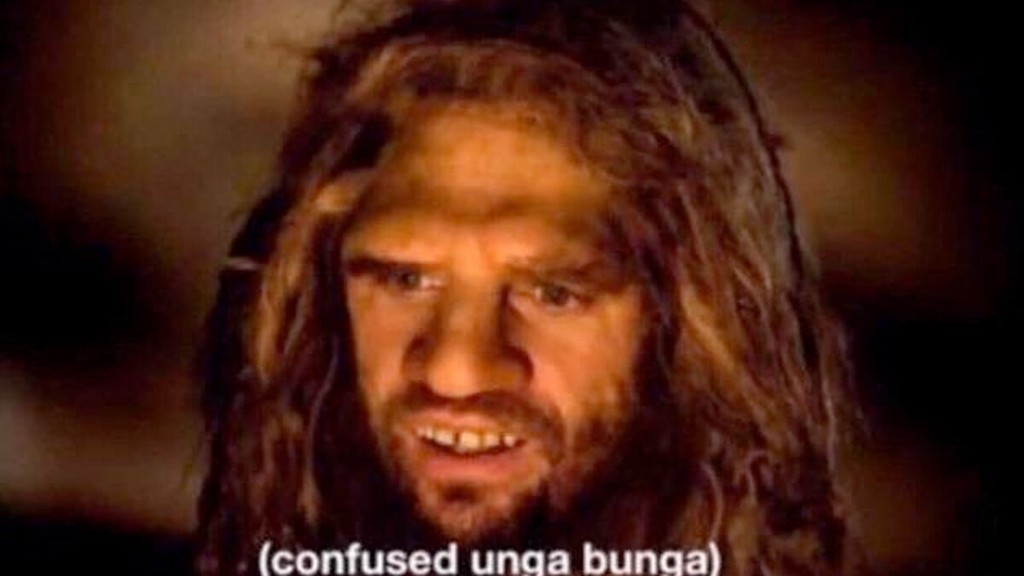Nobody Is Coming to Save You
Table of Contents
Something I’ve noticed in recent times is the persistent belief that someone in a position of authority knows exactly what’s happening, how to fix our complex problems, and will ultimately rescue us. A clear example was the 2020 Biden election, where many people genuinely believed that the world would return to normal and our collective challenges would be solved if their preferred candidate won.
This appeal to authority often disconnects us from reality in counterproductive ways. People frequently focus on personalities and characters rather than facts, outcomes, and systemic issues. Whether it’s Trump, Biden, Elon Musk, or any other public figure, our cultural obsession with celebrity and authority figures can distract us from addressing the actual problems we face.
Celebrities don’t solve complex global problems—they’re products of our society, not solutions to its challenges. No single public figure, regardless of their charisma or communication skills, can independently resolve issues like climate change.
We Face Serious Challenges #
Currently, humanity faces unprecedented environmental challenges. Our patterns of consumption and population growth are putting immense pressure on Earth’s ecosystems, threatening the stability of societies as we know them.
This observation is supported by substantial scientific evidence. According to the IPCC’s Sixth Assessment Report, human-induced climate change is already affecting every region across the globe and will increasingly impact our way of life without significant intervention. The 2020 Living Planet Report documented a 68% average decline in monitored wildlife populations since 1970.
Some people understandably find these realities difficult to confront. Others are working on solutions. What’s clear is that addressing these issues requires collective action rather than waiting for a singular savior.
The Disney Princess Fallacy #
One concept I often discuss (though it’s not always comfortable to hear) is what I call the “Disney princess fallacy.” Much of our cultural programming comes from entertainment giants like Hollywood. Disney films exemplify the repetition of comforting narratives—reshaping the same basic stories with new songs and animations without fundamentally challenging our worldview.
These stories are designed to be easily digestible and emotionally satisfying, typically ending with a dopamine-inducing resolution.
The classic Disney formula often involves a protagonist who simply needs to fulfill their destiny—perhaps marrying a prince—after which all problems magically disappear, and everyone lives “happily ever after.”
Many of us absorb these narratives from childhood. They condition us to expect positive outcomes and to believe that if things go wrong, some authority figure will intervene to make everything right—whether a deity, superhero, or charismatic leader.
Embracing Reality and Agency #

A challenging but important realization is that humanity faces direction-changing decisions, and the responsibility falls on all of us collectively—not just on individual leaders or celebrities.
We face significant climate challenges that will require substantial societal changes, as documented by organizations like Project Drawdown. These necessary adjustments might conflict with the idealized lifestyles we’ve been encouraged to aspire to through decades of cultural programming.
Elon Musk won’t single-handedly save us—he’s primarily a businessman with his own interests and limitations. Political leaders face constraints of time, political realities, and competing priorities that prevent them from making the sweeping changes some hope for.
The good news? We have agency. Communities around the world are developing resilience strategies, implementing local solutions, and creating alternative models for living that don’t depend on top-down salvation. From community gardens to renewable energy cooperatives, people are demonstrating that positive change often begins with collaborative local action rather than waiting for distant authorities.
By recognizing our collective power and responsibility, we can move beyond the expectation that someone else will fix everything and begin the meaningful work of creating more sustainable and equitable systems ourselves.